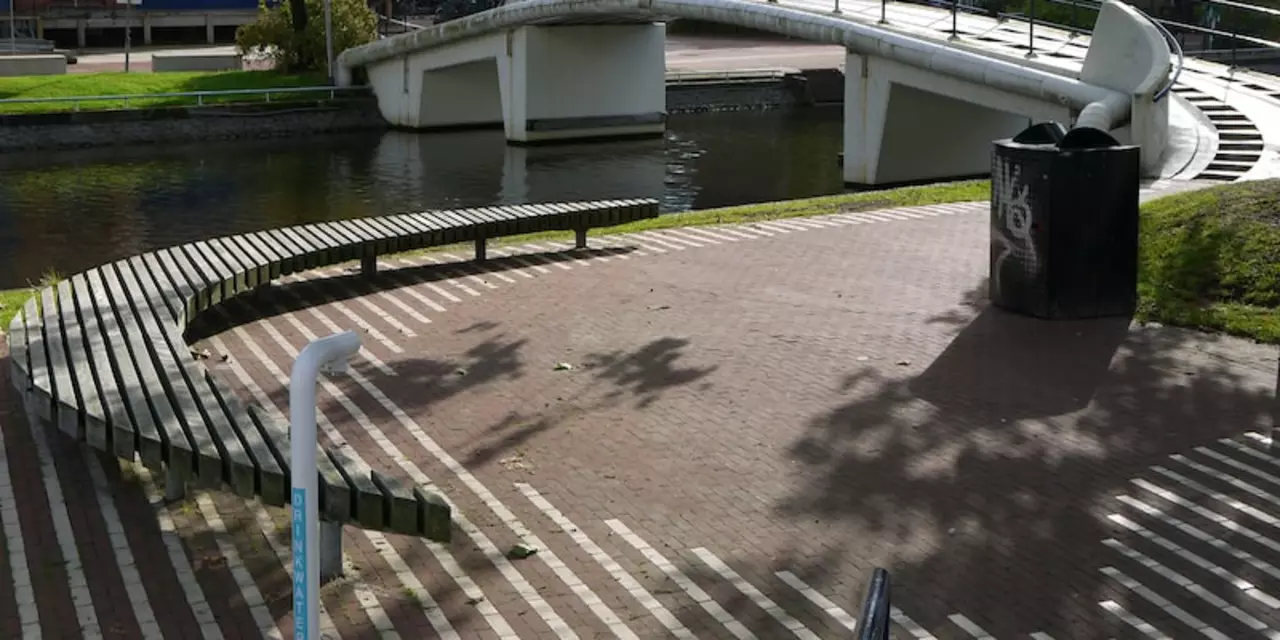Netherlands job market: Practical guide to finding work
Looking for a job in the Netherlands? The market is modern, international and full of opportunity—especially in tech, engineering, healthcare and logistics. You can find roles in big cities like Amsterdam, Rotterdam, Eindhoven and Utrecht, but many jobs are also spread across smaller hubs. Think about where you want to live and what work culture fits you.
Top sectors hiring now include information technology, software development, data science, electrical and mechanical engineering, life sciences, and healthcare. Logistics and sustainable energy are growing fast too. If you work in cloud computing, AI, or cybersecurity, you will find many openings. Dutch startups and scaleups often hire English-speaking professionals.
Visa and permit basics matter. EU or EEA citizens can work freely. Non-EU job seekers need a work permit or a skilled migrant visa sponsored by the employer. Highly Skilled Migrant permits are common for tech roles and come with faster processing. Graduates from Dutch universities can use the orientation year permit to look for work after studies.
Create a clear, one-page CV and a short cover letter. Dutch employers like directness. Put your contact details, a short profile, key skills and work history with achievements. Keep dates and job titles clear. Use simple English unless the job requires Dutch. Include links to GitHub, portfolio, or LinkedIn when relevant.
Where to search? Use LinkedIn, Indeed Netherlands, Glassdoor NL, and local sites like Nationale Vacaturebank. Specialized boards such as Holland FinTech or Dutch startup job pages help for niche roles. Recruitment agencies are widely used—contact ones that focus on your industry. Apply directly on company websites too.
Networking works better than blind applications. Attend meetups, tech conferences, and industry events. Use LinkedIn to connect with hiring managers and recruiters. A short message saying you admire the company and asking for a quick chat can open doors. Referrals speed up hiring.
Interview style is practical and conversational. Expect competency questions and scenario-based problems. Be punctual and clear. Ask about team structure, impact and next steps. Salary negotiations happen after an offer—know the typical range for your role and city.
Learn at least basic Dutch if you plan to stay long term. Many companies use English, but speaking Dutch widens opportunities, especially in healthcare, education and public sector jobs. Language classes, online courses, and language meetups help.
Quick money and living tip: salaries vary by city and role; Amsterdam pays more but living costs do too. Check salary surveys for your field and factor in taxes and healthcare. Plan for housing search early.
Consider short-term options to get a foot in the door: internships, part-time roles, or freelance gigs. Temporary contracts often lead to permanent jobs. Employers value flexibility and local experience. Also ask about relocation assistance, signing bonuses, or support with housing when negotiating an offer. today.
Checklist: target sectors, visa route, tidy CV, top job sites, network actively, prepare interviews, and learn Dutch basics. Start today and treat the search like a project—small daily steps add up.

How do I get a job in Netherlands for Indians?
Jan 30 2023 /Finding a job in the Netherlands as an Indian can be a challenge, but there are ways to increase your chances. The first step is to research the Netherlands job market to identify the types of jobs available to you. You must also have a valid residence permit, which requires you to have a valid passport, proof of financial stability, and a valid work permit. Additionally, you must be proficient in the Dutch language as most companies require at least a basic level of fluency. Lastly, be sure to network through friends, family, and other contacts, as well as attend job fairs and utilize online job boards to find the perfect job.
VIEW MORE